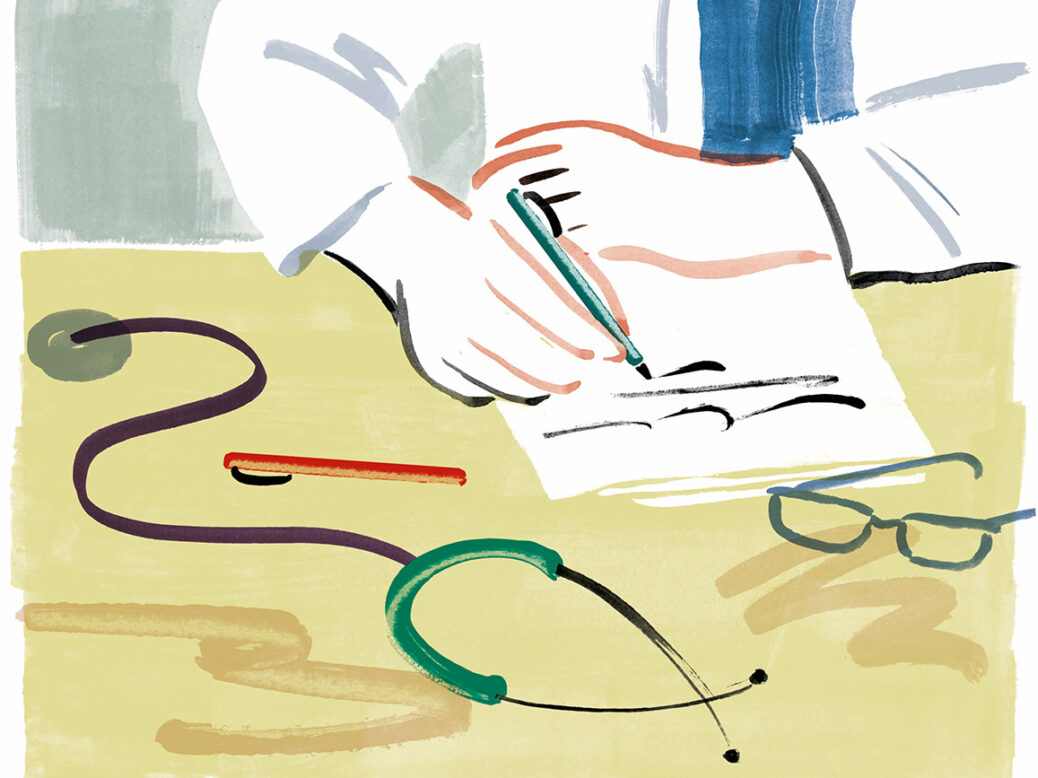
One by-product of the pandemic has been a deepening public understanding of certain aspects of medical science. Two years ago, for example, I would never have anticipated presenters on BBC Radio 4’s Today cheerfully discussing T cell-mediated immunity. What we hear far less about are the social determinants of health. As the now disbanded Public Health England laid out in its November 2020 report, those living in the most deprived areas are more likely to contract Covid and have double the risk of dying should they do so.
The pandemic has starkly exposed what has been plain since the late 1970s, when Douglas Black conducted his inquiry into health inequality: that poverty causes poor health and measurably shortens life expectancy. The Black Report was commissioned in 1977 by James Callaghan’s Labour government but was only completed after Margaret Thatcher came to power in 1979. It was quietly published on an August bank holiday in 1980 and its recommendations immediately dismissed as both unaffordable (an estimated £8bn a year in today’s money) and of questionable effectiveness. The real issue was the notion that the state has both the ability and the responsibility to improve public health. This clashed diametrically with the Thatcherite free market, individualist ideology.
[see also: Knowing patients well can be life-saving. But family GPs like me fear our days are numbered]
The Black Report may have landed on stony ground in Britain but it became influential internationally, leading institutions such as the World Health Organisation and the Organisation for Economic Co-operation and Development to conduct their own assessments of health inequalities, and ushering in the concept of the social determinants of health. And it formed the foundations for two subsequent inquiries in the UK. The influence of the Acheson Report, commissioned shortly after Tony Blair won the 1997 New Labour landslide, could be seen in the 1999 white paper “Saving Lives: Our Healthier Nation”, in which there was explicit recognition that government had an important role to play across a wide range of policy areas including in education, housing and transport.
New Labour made some progress in its early years but increasingly its focus sharpened on community and individual factors rather than governmental ones. So an issue such as smoking cessation, for example, became all about the provision of services locally and the adaptation of environments to discourage smoking, ceasing to be about the alienation felt by poverty-stricken individuals in left-behind communities that might underpin these kinds of injurious behaviours.
These “psychosocial” aspects of health inequality – the ways in which economic and social adversity manifest themselves in the individual – gained greater prominence in the Marmot Review, commissioned in 2008 by New Labour’s Alan Johnson. For its chair, Michael Marmot, diet, exercise and smoking are highly complex issues rather than mere lifestyle choices. They are the visible part of an iceberg. Below the surface lurks the great mass of contributory causes: economic insecurity, lack of control, obscene wealth disparity, absence of hope, decade upon decade of adversity often dating back to an individual’s childhood. These are areas only amenable to government policy.
In an eerie echo of the Black Report, the Marmot Review was published in 2010, just three months before the advent of a Conservative-led government. Its recommendations were ignored during the decade of austerity that followed, austerity that further compounded inequality and set the stage for the starkly differing impacts of Covid across our society.
The Johnson government avows its intent to level up. That won’t be achieved by shiny transport improvements and ad hoc cash thrown at local initiatives, though. The blueprint for a fairer, more equal society – and the better health we would all enjoy – has been set out and refined in no fewer than three expert reports over the past 40 years. Only when these concepts become part of wider public discourse might we finally get a government to act.
[see also: If you’re struggling to see your GP, it doesn’t mean they are “hiding” from you]
This article appears in the 05 Jan 2022 issue of the New Statesman, Johnson's Last Chance




